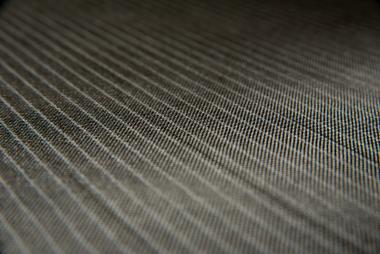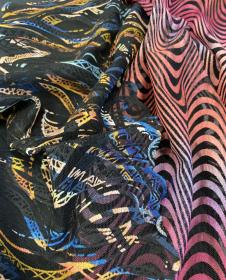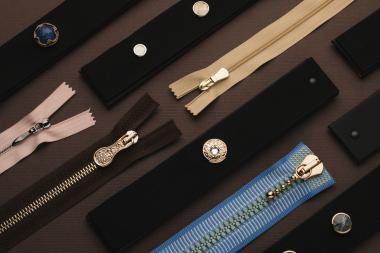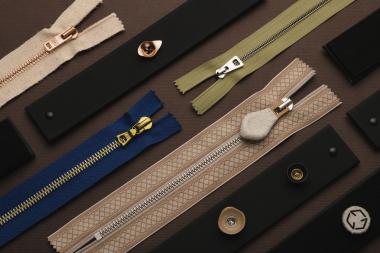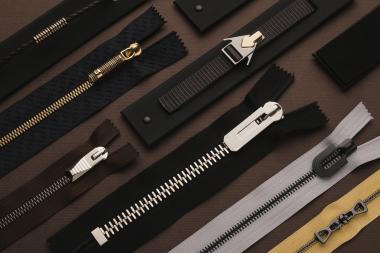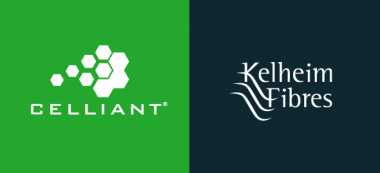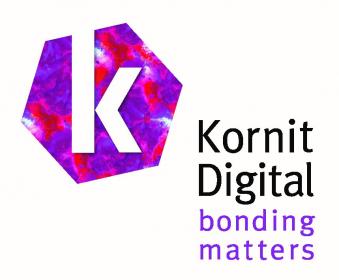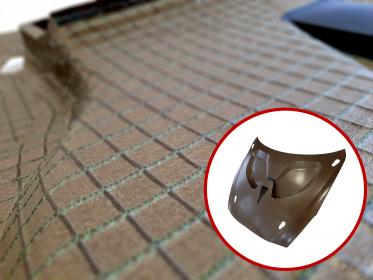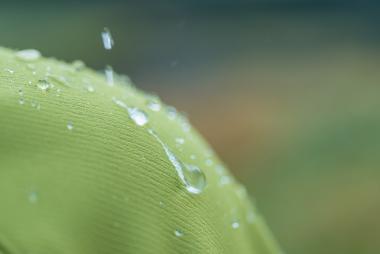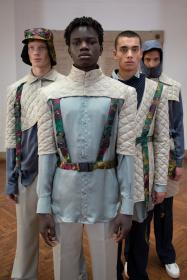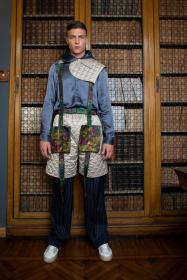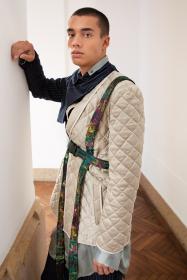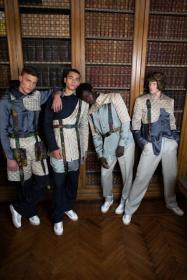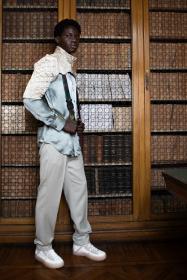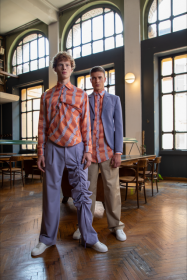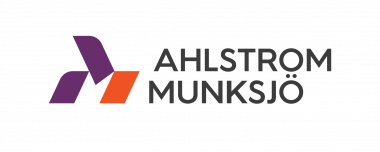Notus Composites Launches New Low Temperature Curing NE7 Epoxy Prepreg
Notus Composites (UAE), the award-winning producer of epoxy prepreg materials, announces the latest addition to its high-performance epoxy range with the launch of its new NE7 low temperature curing prepreg system. The Notus NE7 formulation allows composite manufacturers to cure components at temperatures as low as 70˚C, reducing energy consumption and enabling more cost-effective tooling options.
Notus Composites has developed the new NE7 prepreg systems for applications across the Marine, Architecture, Industrial and Wind Energy sectors, with the novel low temperature curing chemistry delivery significant cost benefits. Existing prepreg manufacturers can now use more cost-effective composite tooling, with new prepreg users able to switch easily from existing infusion or wet laminating processes without creating expensive new high temperature tooling.
NE7 prepregs can be cured at temperatures as low as 70˚C, with the standard cure cycle being 12 hours at 70˚C, matching the typical cycle time for an infused part with a component Tg of 85˚C. NE7 materials have a good outlife of 30 days at 20˚C and are available in all prepreg and Notus single sided N1-Preg formats with unidirectional, multiaxial, and woven reinforcements. NE7 can also be supplied as a resin film.
Notus has recently supplied NE7 low temperature prepregs to Dubai based Aeolos Composites for the production of their new Aeolos P30 racing yacht. The P30 is a futuristic new craft created by top German sailor and designer, Hans Genthe, with a super light carbon fibre construction and large sail area that promises spectacular on the water performance for a thirty foot yacht. Notus delivered a range NE7 prepregs for the build, including woven, multiaxial, and unidirectional carbon fibre reinforcements as well as adhesive films for core bonding.
Notus Composites.


